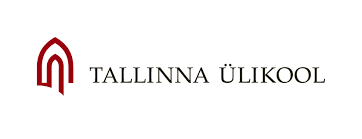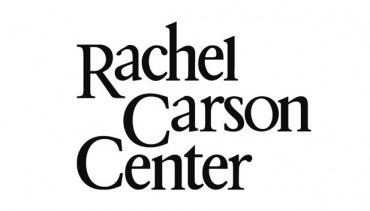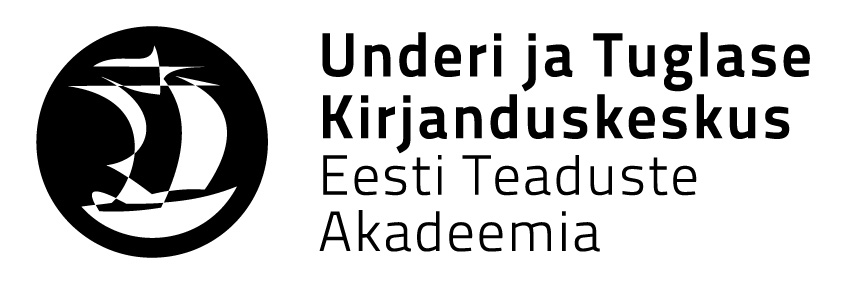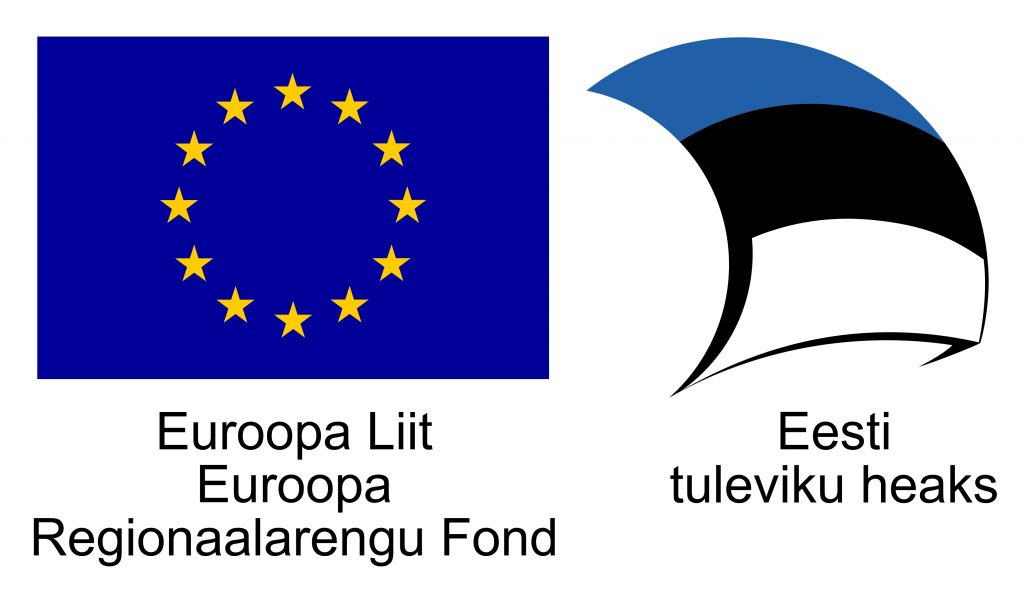New Natures entangled cultures: perspectives in environmental humanities
Talvekooli workshop Kirjanduskeskuse muuseumiosakonnas
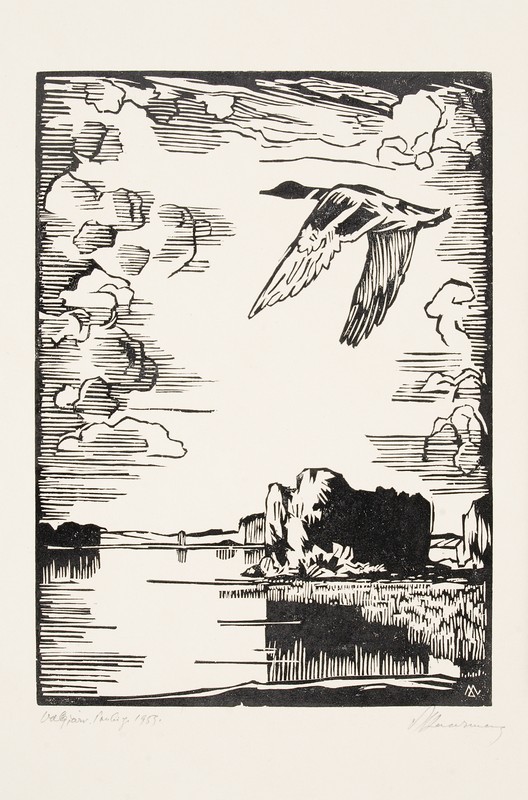
23.-27. jaanuaril toimub Kultuuriteaduste ja kunstide doktorikooli kuues talvekool, mis püüab avada ja mõtestada keskkonnahumanitaaria kiiresti populaarseks muutuvat valdkonda ning keskenduda kultuuri ja looduse põiminud vahekordadele. Talvekool toimub inglise keeles.
6th Winter School „New Natures entangled cultures: perspectives in environmental humanities“ 23.–27.01.2017
Workshop 6: Sensory environments and nature representations 26.01.2017
Time:
10.00–16.00, lunch 12.00–13.00 at MuSu restaurant, Rahumäe (Pärnu maantee 209a)
Location:
Rahumäe cemetery (Rahumäe tee 8) and Under and Tuglas Literature Centre’s museum department (Väikese Illimari 12)
Workshop convenors:
Kadri Tüür (Tallinn University / University of Tartu) and Prof. Kate Soper ( London Metropolitan University)
Concept:
Art, including literary creation, generally relies on carefully selected, elaborated and sequenced representations of, or responses to, the surrounding reality. Ecocriticism is a field of investigation within the environmental humanities that is concerned with the ways in which literary texts (and other kinds of cultural media e.g. auditory and visual) invite us to reflect on relationships of humans with other living beings and the environment, whether largely natural (e.g. an old-growth forest) or largely humanly constructed (e.g. cities). From a biosemiotic viewpoint, literary texts as communicative vehicles are analogous to the natural environment. Human representations of these perceived activities create for us partial access to the Umwelten of other species, and a possibility for further, extra-textual communication is opened up. Biosemiotic criticism studies the mechanisms employed in our representations of nature for modelling the meaningful connections between organisms and their environment, as well as the nonverbal communicative processes in which humans too are perpetually engaged (generally below the level of consciousness). The central notions that we are going to explore during the workshop, include Umwelt – the species’-specific ways of perceiving the world, as well as ways of influencing one’s surroundings; multi-species environments – where different species live together, having an agency to impact each other and to shape the environment; ecopoetics – a practice for bringing new life into being, interweaving diverse materials and reiterating the connective, communicative processes that form ecosystems.
The questions that we set to explore during the workshop are:
- How much information are we able to gain from the natural environment on our own? But how much, if we are supervised? What are the features and aspects of natural environment that we consider culturally valuable? May nature elicit awkward feelings? Which and why?
- What are the cultural filters that we use in relating to our fellow creatures, be these other animals or plants? What is the use of cultural categorisation? What ethical implications does our perception have?
- What are the possible ways of representing nature, using specifically human means – such as language, painting, recording technology? What exactly makes the difference when we compare the finalised representations? What skills does it take to represent nature? Are we able to communicate our representations across cultural borders or back to our „target species“? On what conditions, and why?
Schedule:
At 10.00, we will meet up at Baltic Station and take a train to Rahumäe from there. The first 1,5 hours of the workshop are dedicated to exploring the multi-sensory and multi-species’ aspects of Rahumäe cemetery: the tree species and forms; birds and small mammals inhabiting the area; sounds, senses; the cultural history that lies behind this particular semi-urban, semi-natural environment. Please wear solid boots to prevent your feet from getting damp. You might want to take your binoculars for bird watching with you (but not obligatory).
At 13.00, after lunch, we walk to Under and Tuglas Literature Centre’s museum department where we have a seminar for discussing the reading assignments and their connections with our firsthand experiences of nature. Then after getting acquainted with some samples of local traditional nature representations in the form of sound recordings (by Fred Jüssi), nature writing (by Johannes Piiper), and poetry (by Marie Under), each participant will have some time until 16.00 to produce their own text, music, sound, or a representation in any other predominantly non-visual media as the conclusion to the workshop day. The trains back to the city run approximately every 20 min.
Readings:
Kull, Kalevi (1998). Semiotic ecology: different natures in the semiosphere. Sign Systems Studies 26: 344–371. Available at: http://www.zbi.ee/~kalevi/ecosem.htm
Rigby, Kate (in press). Deep sustainability: ecopoetics, enjoyment and ecstatic hospitality. – Literature and Sustainability: Exploratory Essays. Eds Louise Squire, John Parham and Adeline Johns-Putra (Manchester University Press).
The workshop is organised in co-operation with Under and Tuglas Literature Centre (Elle-Mari Talivee) and Tallinn Bird Club.
Partners:
6th Winter School “New Natures entangled cultures: perspectives in environmental humanities” is supported by following institutions:
- Art Museum of Estonia
- Estonian Centre for Environmental History, Tallinn University
- Rachel Carson Center for Environment and Society: LMU Munich
- Under and Tuglas Literature Centre of the Estonian Academy of Sciences
Members of the Graduate School of Cultural Studies and Arts:
- Estonian Academy of Arts
- Estonian Academy of Music and Theatre
- Tallinn University
- University of Tartu
This Winter School is financed by (European Union) European Regional Development Fund (Tallinn University’s ASTRA project TLÜ TEE, University of Tartu’s ASTRA project PER ASPERA, Estonian Academy of Arts’ ASTRA project EKA LOOVKÄRG, Estonian Academy of Music and Theatre’s ASTRA project EMTASTRA, Under and Tuglas Literature Centre of the Estonian Academy of Sciences ASTRA project).
